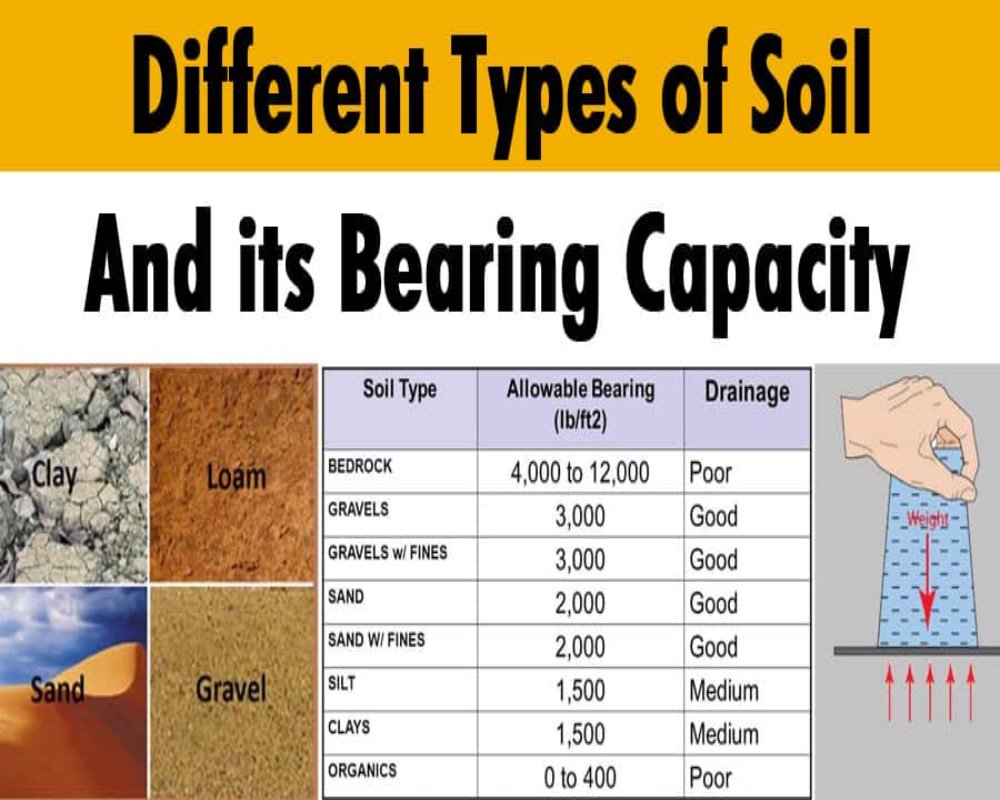Definition and Importance of Soil Bearing Capacity
Soil bearing capacity refers to the maximum load per unit area that the ground can safely support without risk of settlement or failure. It is a critical factor in foundation design for industrial buildings and heavy structures.
- Ensures structural stability and prevents ground subsidence
- Determines the type and depth of foundation required
- Varies based on soil type, moisture content, and compaction
Typical Bearing Capacities by Soil Type
Each soil type has a standard range of allowable bearing capacity, though actual values must be confirmed through geotechnical testing. These estimates help guide preliminary planning and budgeting.
- Loose sand: 1,000–1,500 psf (pounds per square foot)
- Dense sand or gravel: 3,000–6,000 psf
- Clay (soft to firm): 1,500–3,000 psf
- Rock or well-compacted soil: 8,000 psf or higher
Determination Through Geotechnical Investigation
To accurately determine the bearing capacity, engineers perform field tests such as Standard Penetration Tests (SPT), cone penetration tests, and borehole drilling. These tests result in a detailed soil report.
- Site-specific investigation is required for safe and compliant design
- Influences foundation type: spread footing, pile, or mat foundation
- Required by building codes and permitting authorities for industrial developments


